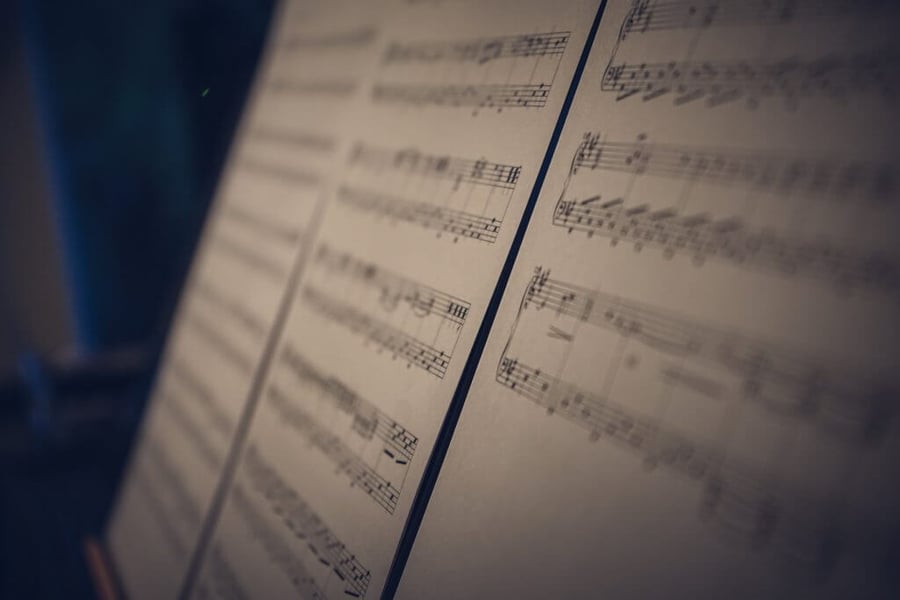When I was in high school, my friends and I had a garage band. We played a lot of classic rock covers but we also had a few originals we felt proud enough of that we decided to record an album and get it copyrighted. Yes, it’s pretty amazing but no, I’m not going to play it for you.
One day in English class, we were assigned a debate project: Get into pairs and choose a topic to debate. My partner and I decided we were interested in debating copyright laws relating to music. I chose the side supporting strong copyright laws, partly because of my band's interest in recording music and protecting it. To our surprise, the teacher then directed each pair to switch sides of the argument and begin our research for the final debate. I ended up winning our debate arguing against strong copyright laws.
This little story isn’t meant to tell you that I am against copyright laws. It is meant to highlight the fact that there are strong arguments on each side of the copyright debate and the answers to question about copyright are not always clear.
 Promotional Use
Promotional Use
When you create a piece of media - whether a promo video, website, brochure, or radio spot - it is necessary to consider any copyrighted material that was used. For music, there are many royalty free music libraries that sell licenses to use music for a defined purpose. These licenses have a wide range in price but typically on the low end, the license allows the media producer to use the song in a non-profit video for the web. On the high end of the spectrum, music used in broadcast tv or radio tends to require a higher fee and terms of use by region and amount of time it can be used to 1 year, 2 years, etc.
If you want to use existing popular music in your commercial, there is a method to secure those licenses as well. In the case of popular music, a contact involving royalties is usually required. There is a fee to secure the track initially. That fee is based on the way the music is being used, length of song, number of times it is looped, etc. Then there is an ongoing fee that pays some amount to the copyright holder each time the spot is played.
 Theatrical Use
Theatrical Use
But what if you are making a documentary or creating a short video commentary about the most popular music from 1985? Do you need to secure some sort of expensive license for Careless Whisper before diving into the analysis of how much reverb on a saxophone solo is required to pierce the soul of the listener? The answer is this question is about as fuzzy as George Michael’s robe in the music video. Fair use is a legal doctrine that promotes freedom of expression by permitting the unlicensed use of copyright-protected works in certain circumstances. (https://www.copyright.gov/fair-use/more-info.html) Those circumstances include criticism, comment, news reporting, teaching, scholarship, and research. The degree to which unlicensed use is protected is evaluated using four factors.
- Purpose and character of use
- Nature of the copyrighted work
- Amount and substantiality of the portion used in relation to the copyrighted work as a whole
- Effect of the use upon the potential market for or value of the copyrighted work
A point of confusion for many is that Fair Use is not a law in itself. It is a defense against the claim of copyright infringement that has been held up in many court cases but is evaluated on a case-by-case basis. This grey area exists because courts want to support the copyright claims that artists hold but also preserve the freedom of expression that is related to our first amendment rights. Since it is too difficult to anticipate every circumstance that may arise with copyrighted material, the rules have been left open for interpretation.
TL;DR
In general, it is best to secure licenses through one of the many services available. For most commercial use, this is the safest and best way to go. There may be times that you can’t secure permission for some reason.
If your purpose for the material falls within Fair Use, you may be able to use it without a license. But in the end, it’s up for debate. GOOD LUCK
This entry was posted in copyright, music, Business, Musings, Promotional & Informational, Tips

